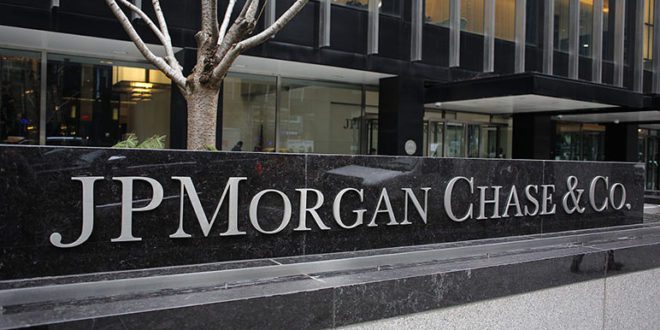Investment bank giant JP Morgan Chase is currently offering a variety of small businesses financing options to help them through their entrepreneurial ventures amidst the COVID-19 crisis. Financing from the bank includes short terms lines of credit to fill working capital needs, business loans for larger investments and capital for commercial real estate investing.
Trish Wexler, spokesperson for JP says that Chase has secured more funding than anyone else in the industry for small businesses, more than any other bank. She said they are fully prepared to help many more once the additional funding is approved. Hundreds of thousands of applications still remain unapproved even though $14 billion has already been allocated and disbursed across the country. If congress secures more funding for the paycheck protection program they said, this huge lot of submission may go forward. Chase says “We’re proud to support businesses that collectively employ more than a million hard-working Americans”
The $350 Billion allotment size for these types of loans has come about as a result of the $2 Trillion Coronavirus relief bill signed by President Trump at the end of last month. Trump says the much-needed relief will help families, workers, and businesses because ‘that’s what this is all about’. Statistics from the bank reveal 50% of the loans were less than $140,000 and almost two-thirds of the companies receiving the loans had fewer than 25 workers. The initial relief bill also encompasses money from increased unemployment benefits as White House and congressional leaders have said that some individuals will receive direct payments of up to $1,200 this month. However, up to 110 million citizens could wait up to 2 weeks to have these checks mailed to them in the post.
The $2.2 Trillion relief COIVD-19 relief package was the largest in American history and analysts say this wasn’t enough. As the economy bleeds, and Coronavirus continues to spread, the question on many people’s minds is how America’s next coronavirus relief package will address the country’s two urgent problems. The fact that many Americans don’t have access to banks and those that don’t have high speeds broadband internet.

